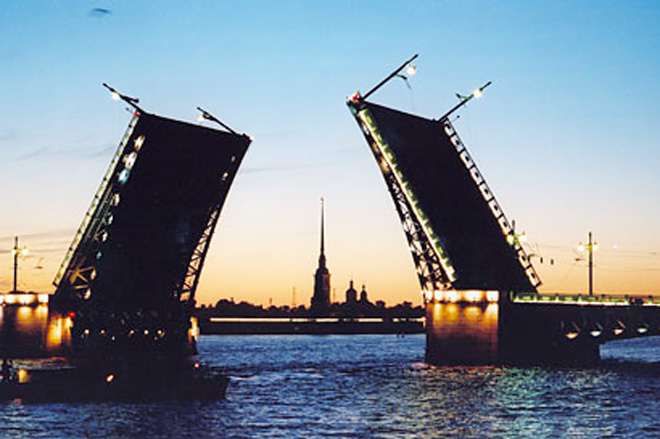The heads of the world's leading energy companies exchanged views on the future of atomic energy and alternative energy sources during televised debates, RIA Novosti reported.
The Friday's discussions held as part of the International Economic Forum in St. Petersburg involved heads of Chevron Corporation, Areva, Russian State Atomic Energy corporation (Rosatom), as well as top state officials and experts
Rosatom head Sergei Kiriyenko said that an array of energy technologies, such as atomic, wind and solar energy should be developed "to create an optimal energy balance" in the future.
Economic minister of the Netherlands, Maria Van Der Hoeven said alternative energy technologies should be developed by private companies, but with the state support. She also called on to the states to pay attention for alternative energy prices.
"The prices should drop, otherwise it [the alternative energy] would be unable to compete with traditional energy sources," the minister added.
Areva CEO Anne Lauvergeon said the climate change should be taken into account.
"Greenhouse gas emissions must be cut, so we have little choice, [but to use] renewable energy sources and nuclear energy," she said, adding that nuclear non-proliferation was of utmost importance as many states seek to develop the "economically advantageous"nuclear sector.
Mikhail Kovalchuk, who heads Russia's leading nuclear energy researcher, the Kurchatov Institute, said the leading states should establish a single company to build nuclear facilities around the world to "increase global security and provide all countries with access to nuclear energy."
"First of all, the nuclear power plants will be built according to the same safety standards. Secondly, the non-proliferation regime is easy to maintain. A club of countries who have the technology would build NPPs together, according to the principle "energy to all, technologies to no one," he said.
Viktor Vekselberg, the founder of Russian conglomerate Renova Group and a member of TNK-BP's board of directors, said renewable energy sources are likely to become competitive on the energy market in the next decade.
"[After] some ten years, solar energy will become competitive on certain markets, as compared to traditional energy sources," he said.






